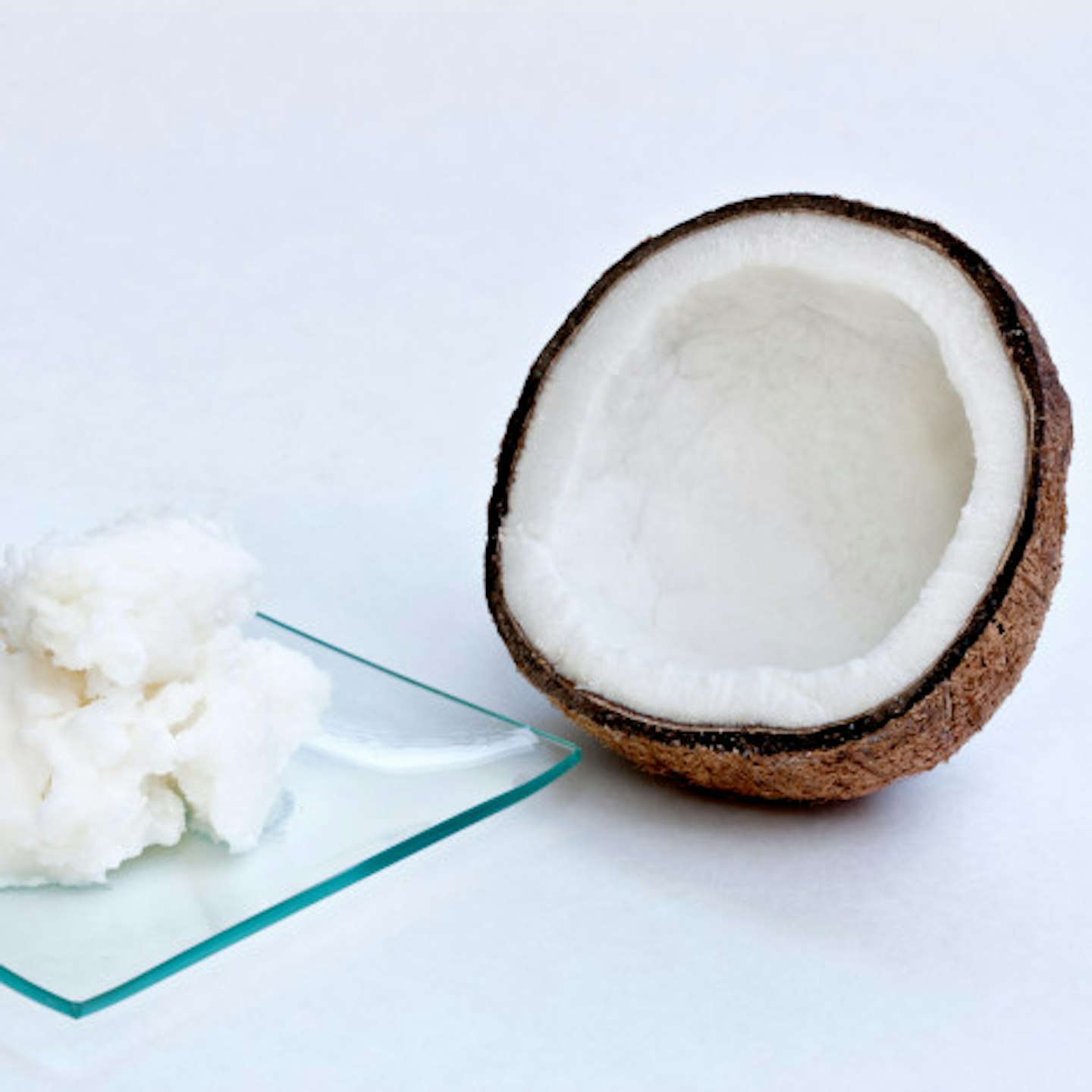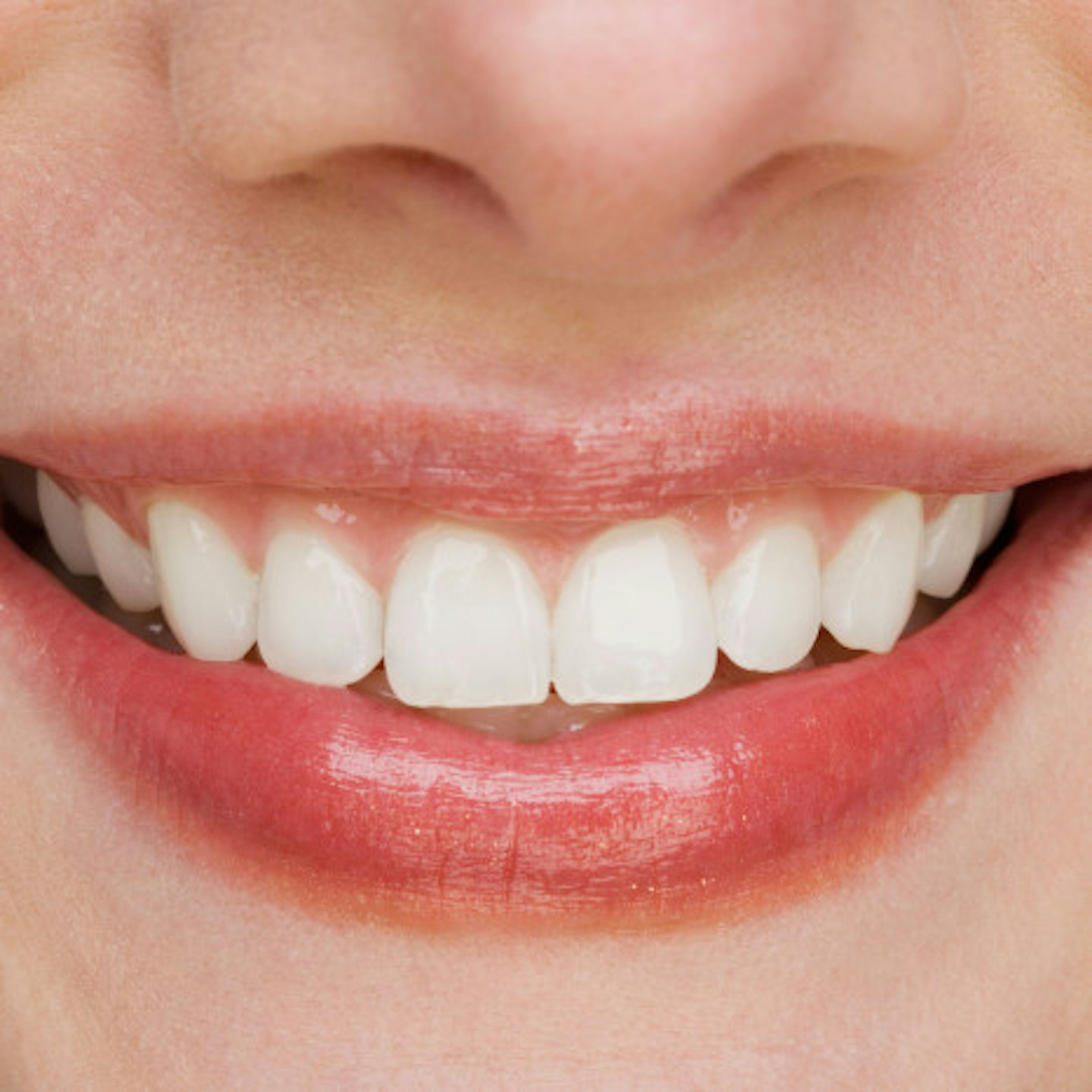What is it?
Oil pulling is an ancient dental technique that involves swirling a tablespoon of oil in your mouth on an empty stomach for about twenty minutes.

According to experts, this technique draws impurities and toxins out of your body and mouth - improving both your oral and more general health.
Dating back 3,000 years to India, many people still swear by this technique for getting shiny, healthy teeth and happy mouths.
Studies have proven that the technique does help against gingivitis, plaque, and the microorganisms that cause bad breath.

How does it work?
Now for the science stuff. Most microorganisms in the mouth are covered in a fatty membrane, which is the cell’s skin. When these cells with their fatty layer come into contact with an oil, they naturally bind together.
This means that when you spit out the oil at the end of the session, all of those nasties have been removed from your teeth, in between, down in the gums and even in small tubules within the teeth (supposedly).
In truth, the exact mechanism for HOW the oil pulling works is disputed - but the above is one theory.
The Benefits
-
**Whiter Teeth
**Oil pulling can apparently work just as well as chemical treatments. The natural antibiotics in the oil brightens and cleans teeth, making them whiter.
-
**Increased Energy
**When we are carrying extra toxins - we lack energy. Oil pulling apparently rids our bodies of toxins so that our body can function at a higher level.
-
**Reduced Headaches
**Again, toxins in the body can apparently cause headaches, so getting rid of these mean aches and pains can be avoided.
-
**Better Oral Hygiene
**Oil pulling isn’t just good for making teeth look whiter, it can also remove bacteria that causes decay, gingivitis and plaque.
-
**Clearer Skin
**Many users suffering with acne, eczema and psoriasis reported that these cleared up considerably by using the technique.
-
**Less Sinus Issues
**Snore or always have problems with your sinuses? Oil pulling can also be used to treat this.
Which oils can be used for oil pulling?
Traditionally, sesame oil, coconut oil or butter oil (ghee) is used for oil pulling. However you can also use sunflower or olive oil, if this is easier to obtain.
However, when tested, only coconut oil was shown to prevent Streptococcus mutans, an acid-producing bacterium that is a common inhabitant of the mouth and a major cause of tooth decay, from binding to and damaging tooth enamel.
This suggests that oil pulling works best with coconut oil.
Would you ever try oil pulling for yourself? Let us know via the comments box below now.
